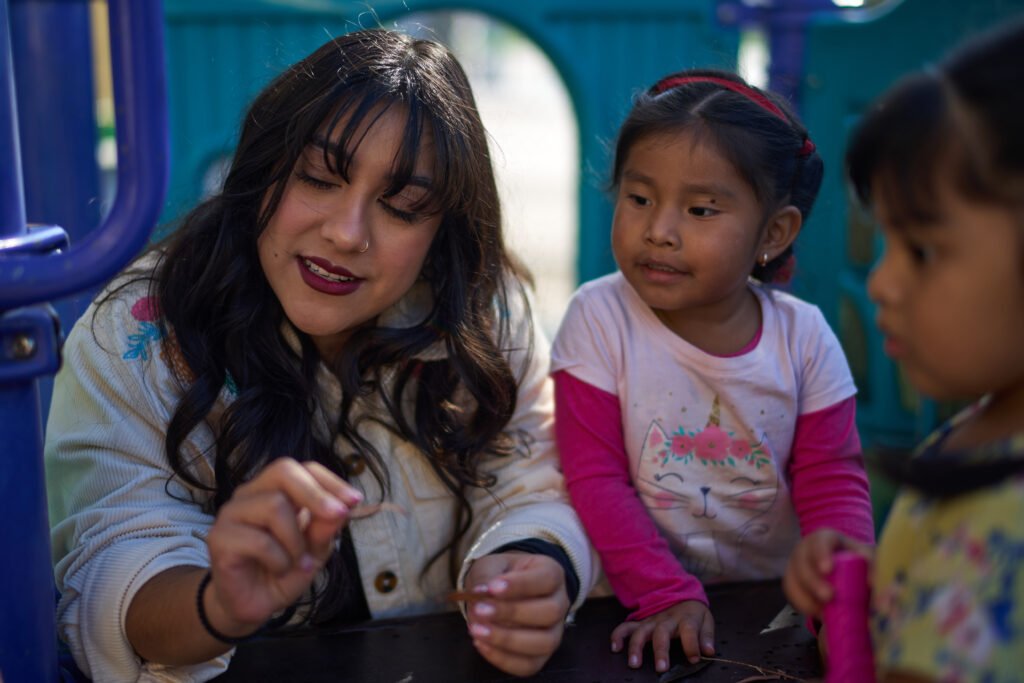
News
Latest News
Oakland Children’s Initiative Community Listening Sessions
Please join First 5 Alameda County for a series of community listening sessions to help inform priorities for the Oakland Children’s Initiative Early Education Fund.
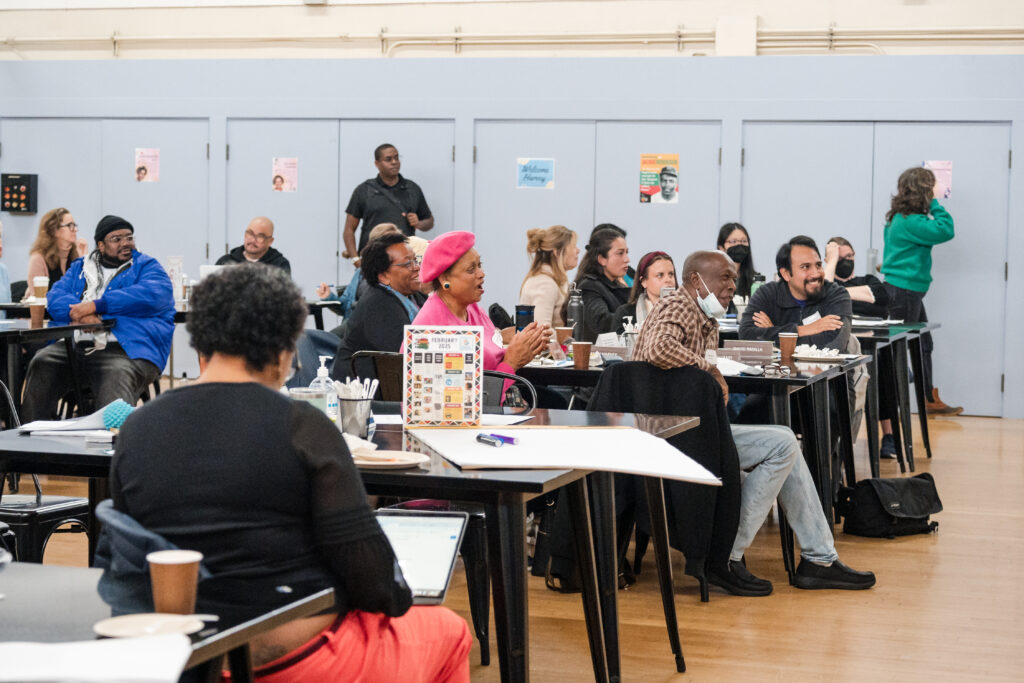
 Filter
Filter
Search
Date Range
Categories

Mar 4, 2025
Oakland Children’s Initiative Community Listening Sessions
Please join First 5 Alameda County for a series of community listening sessions to help inform priorities for the Oakland Children’s Initiative Early Education Fund.
Read More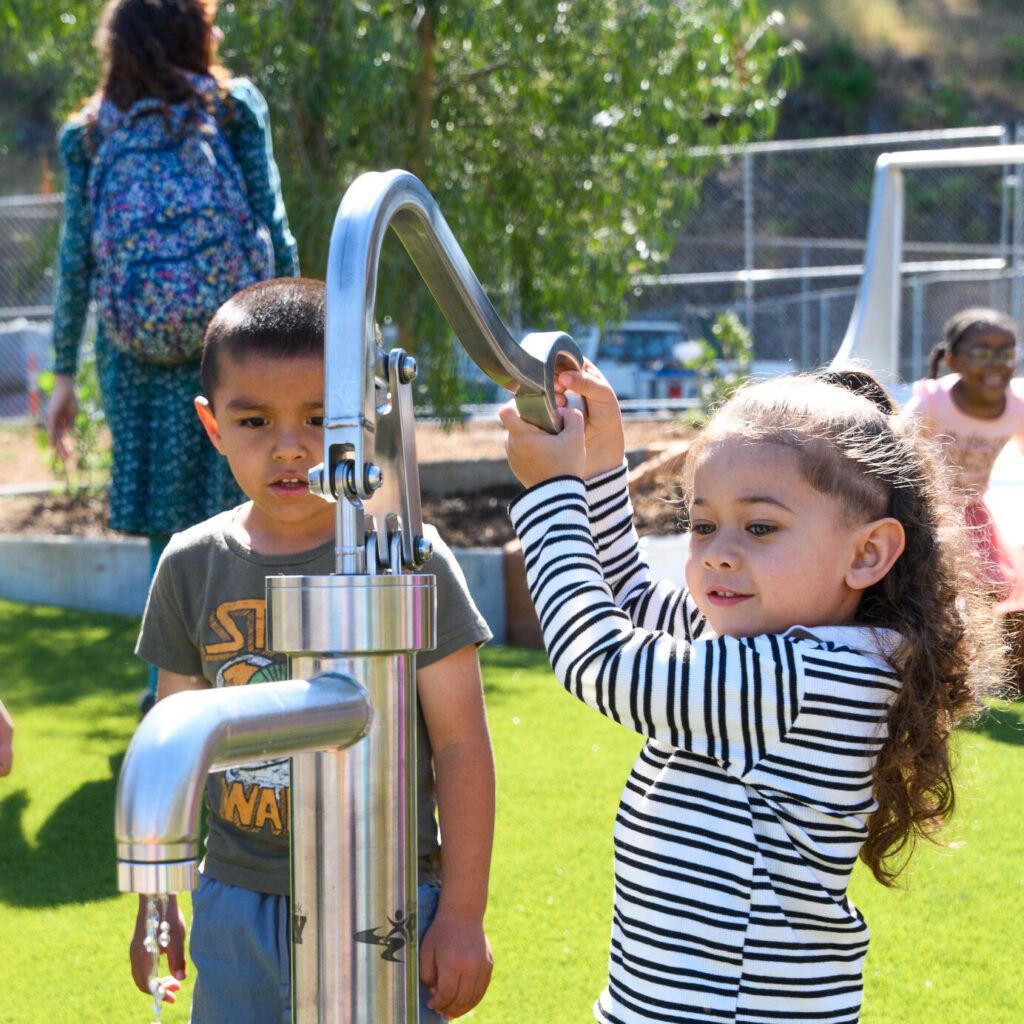
Jan 2, 2025
Annual Report highlights successes and partnerships
Please join us in celebrating our collective work accomplished over the past 25 years. From the start, First 5 has stood as a powerful reflection of California voters’ values. The passage of Proposition 10 in 1998 was a transformative moment, enabling California to fund early childhood programming in each county, weaving together our societal commitment to a child’s…
Read More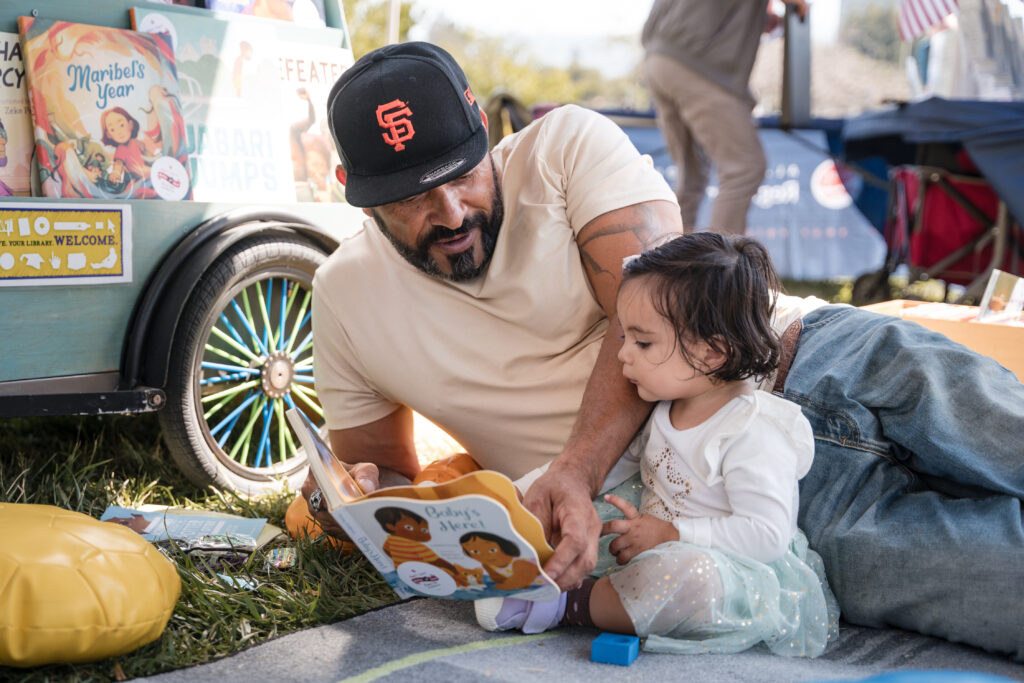
Jan 2, 2025
Staff participate in the development of the 2025 Policy Agenda
In December, we published our 2025 Policy Agenda to Advance Equity, which launched as part of the agency’s Annual Report. The First 5 Alameda County Policy Agenda is a tool used by the Government Affairs and Policy Team to guide our engagement in local, state, and federal policy and budget developments to address the underlying structural…
Read More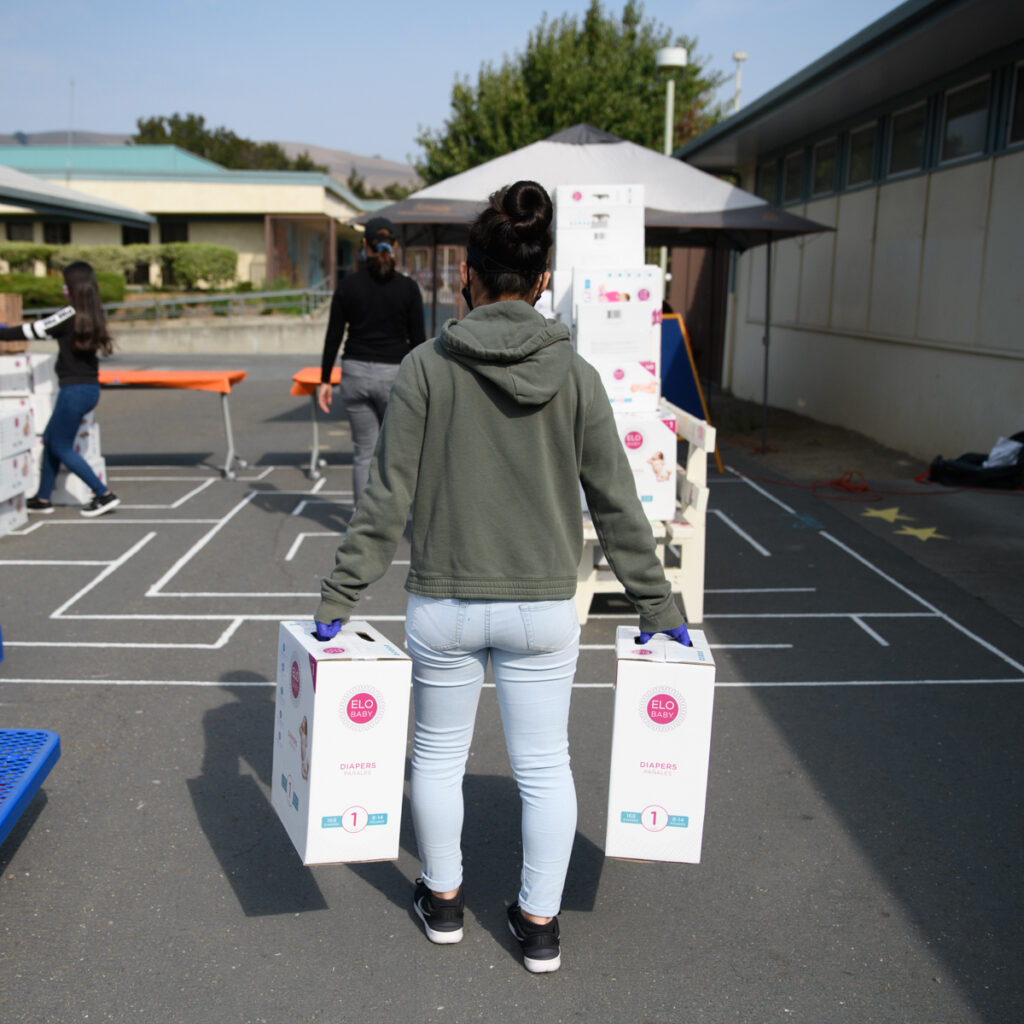
Jan 2, 2025
Strengthening system partnerships through collaborative investments in diaper distribution program
Meeting families’ concrete basic needs, especially diapers, is a high priority for First 5, our community partners, and families with young children. With that in mind, for the first time, we are partnering with the Alameda County Social Services Agency (ACSSA) and contributing nearly $500,000 each calendar year, from January 2025 to December 2027, to…
Read More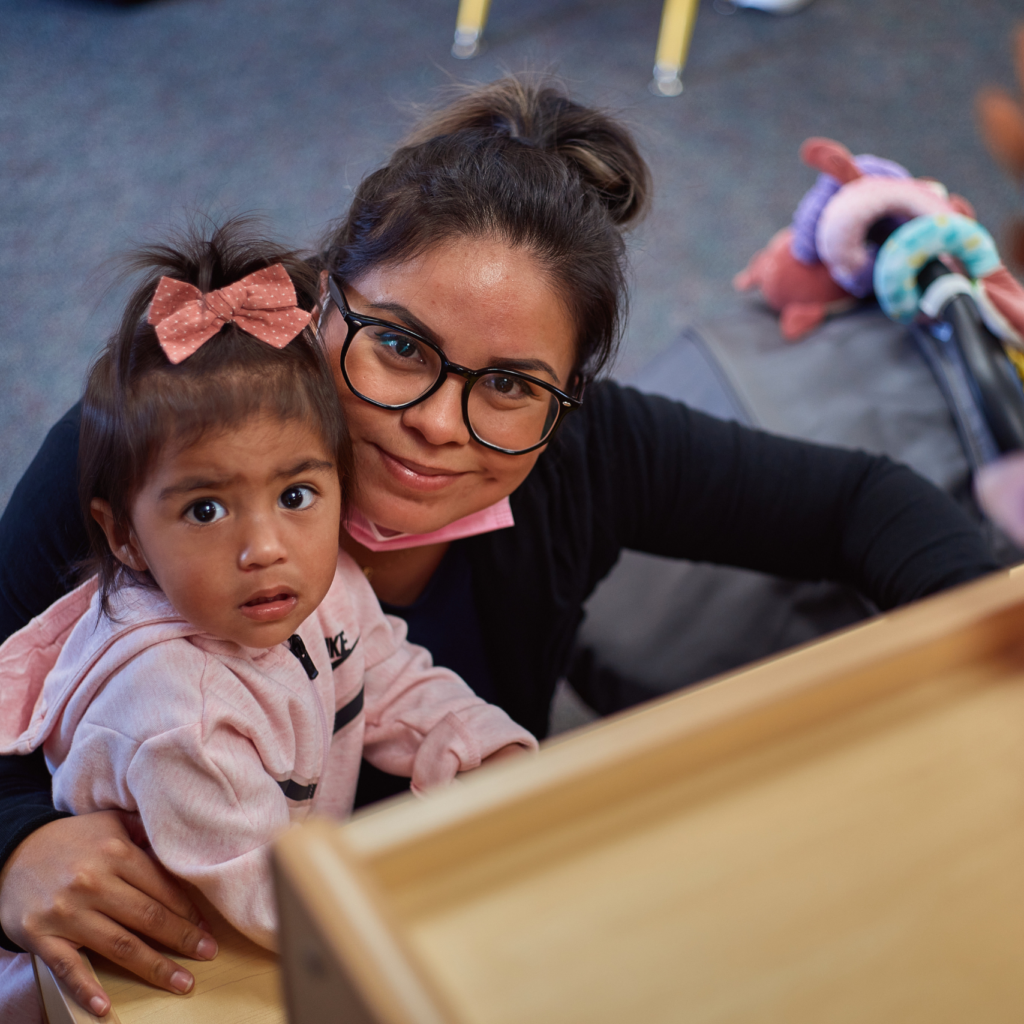
Jan 2, 2025
2025 Data for Action Guide provides early childhood context for partners and decision-makers
In December, we published the 2025 Data for Action Guide, as part of the agency’s Annual Report. This guide provides a variety of data points highlighting demographics within Alameda County, the county’s high cost of living, and the challenges facing families with young children in our community. The data can be used to inform programming, investment,…
Read More